Isreal: Holy Land of History, Conflict, and Cultural Fusion
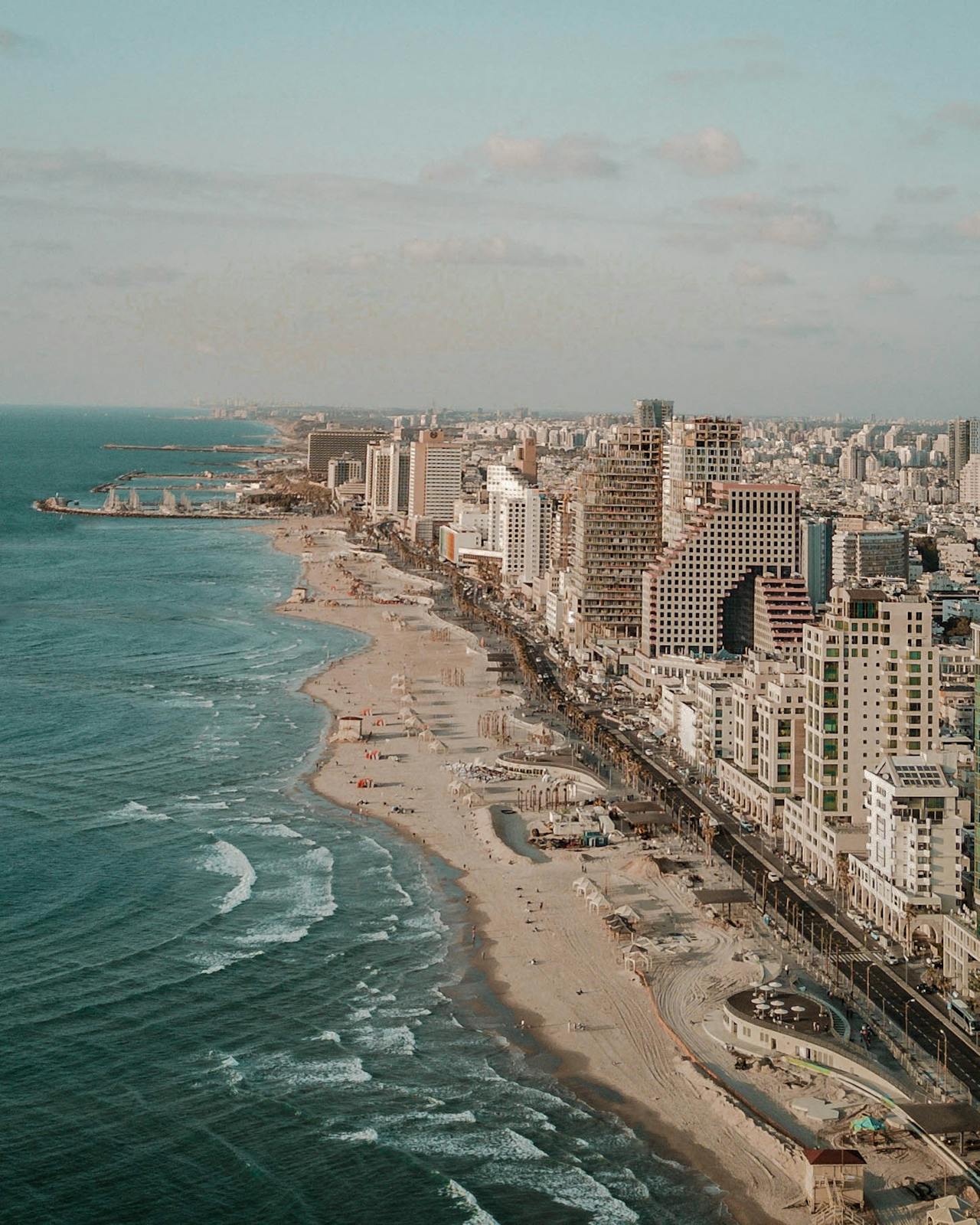
Explore Israel’s sacred cities, Mediterranean coasts, and ancient heritage. From Jerusalem’s religious sites to Tel Aviv’s nightlife, discover a nation shaped by innovation, diversity—and a long-standing conflict over Palestine.
Israel: Holy Land of History, Conflict, and Cultural Fusion
Israel is a country of profound contrasts. It is home to three of the world’s major religions—Judaism, Christianity, and Islam—and sits at the heart of one of the most geopolitically complex regions on Earth. Known for its sacred sites, Mediterranean coastline, desert wonders, and modern cities, Israel offers a layered travel experience that combines ancient faith with cutting-edge technology and vibrant cultures.
🏛️ Historical Overview
The land known today as Israel has been inhabited since prehistoric times and is referred to in religious texts as the Land of Canaan. Over centuries, it has seen rule by the Israelites, Romans, Ottomans, British, and others. After World War II and the Holocaust, global support for a Jewish state led to the establishment of Israel in 1948.
However, this declaration was followed by the Nakba ("catastrophe" in Arabic), where more than 700,000 Palestinians were expelled or fled from their homes. This event laid the foundation for the Israeli-Palestinian conflict, which remains unresolved.
⚠️ The Israeli Occupation of Palestine
Since the Six-Day War in 1967, Israel has militarily occupied the West Bank, East Jerusalem, and the Gaza Strip (although it withdrew settlers from Gaza in 2005, it still controls its airspace and borders). Key issues include:
-
Settlements: Illegal under international law, Israeli settlements continue to expand in the West Bank.
-
Separation Wall: A controversial barrier that cuts through Palestinian lands.
-
Checkpoints: Frequent military checkpoints affect daily Palestinian life.
-
Blockade of Gaza: Israel (and Egypt) tightly controls goods and movement in and out of Gaza.
While Israel promotes itself as a democracy and startup hub, the occupation is widely criticized by human rights groups and the United Nations. Travelers should approach these realities with sensitivity and awareness.
🕌 Sacred Religious Sites
Jerusalem is a microcosm of the world's religious heart:
-
Western Wall – The holiest site in Judaism.
-
Al-Aqsa Mosque / Dome of the Rock – Sacred to Muslims.
-
Church of the Holy Sepulchre – Believed to be the burial site of Jesus Christ.
Other important religious places:
-
Bethlehem (Palestine) – Birthplace of Jesus, accessible via checkpoint.
-
Nazareth – Where Jesus spent his early life.
-
Sea of Galilee – Famous for biblical miracles.
-
Mount of Olives & Garden of Gethsemane – Major Christian pilgrimage spots.
🌆 Modern Israel: Culture & Innovation
Despite the turmoil, Israel boasts impressive urban growth:
-
Tel Aviv: A coastal city with electric nightlife, art galleries, Bauhaus architecture, and one of the world’s most vibrant LGBTQ+ scenes.
-
Haifa: A city of religious coexistence with stunning views of the Baháʼí Gardens.
-
Eilat: A resort town on the Red Sea with coral reefs and desert hikes.
Israel is also known as the Startup Nation, home to more than 6,000 startups. It leads globally in sectors like cybersecurity, medical technology, and agriculture.
🏞️ Natural Wonders of Israel
Despite its small size, Israel's geography is remarkably diverse:
-
Dead Sea – Float in the saltiest body of water on Earth.
-
Negev Desert – A vast landscape perfect for Jeep tours and Bedouin experiences.
-
Ramon Crater (Makhtesh Ramon) – A geological marvel in the desert.
-
Golan Heights – Lush, mountainous region for hiking, skiing, and wine tasting.
-
Banias Waterfall – Northern Israel’s largest waterfall.
🍽️ Israeli Cuisine: A Fusion of Cultures
Influenced by Jewish diaspora traditions, Palestinian food, and Mediterranean flavors:
-
Shakshuka – Eggs poached in spicy tomato sauce.
-
Falafel & Hummus – Staples with Arab origins.
-
Sabich – Fried eggplant and egg sandwich.
-
Jachnun – Yemenite Jewish slow-baked dough.
-
Kanafeh & Knafeh – Palestinian-origin desserts now common in Israeli cuisine.
Street food culture thrives in cities like Tel Aviv and Jerusalem’s Mahane Yehuda Market.
🎉 Cultural Celebrations
-
Passover – Celebrates freedom from slavery in Egypt.
-
Yom Kippur – Day of Atonement, everything stops across the country.
-
Purim – Costume celebrations and parades.
-
Ramadan & Eid (in Palestinian territories and Arab communities).
-
Jerusalem Film Festival – Celebrates regional cinema.
🧭 Travel Essentials
-
Capital: Jerusalem (international dispute exists; many embassies are in Tel Aviv)
-
Currency: Israeli Shekel (ILS)
-
Languages: Hebrew, Arabic
-
Best time to visit: Spring (March–May) and Autumn (September–November)
-
Visa: Visa-free or on-arrival for many nationalities
-
Safety Tip: Political tensions may flare — stay informed and avoid conflict zones.
❗ Ethical Travel Tips
-
Visit both Israeli and Palestinian areas to get a fuller picture of the region.
-
Respect religious customs and dress codes.
-
Support local Palestinian artisans and businesses if visiting Bethlehem, Hebron, or Ramallah.
-
Be mindful when discussing politics — it's a highly sensitive topic for locals.
❤️ Why Visit Israel?
Despite the complex geopolitics, Israel (and Palestine) are packed with spiritual resonance, cultural layers, and human warmth. You can walk in the footsteps of prophets, float in a salty sea, and sip wine in the desert—all in one day. A visit here is not just a journey through history; it’s a confrontation with the present.
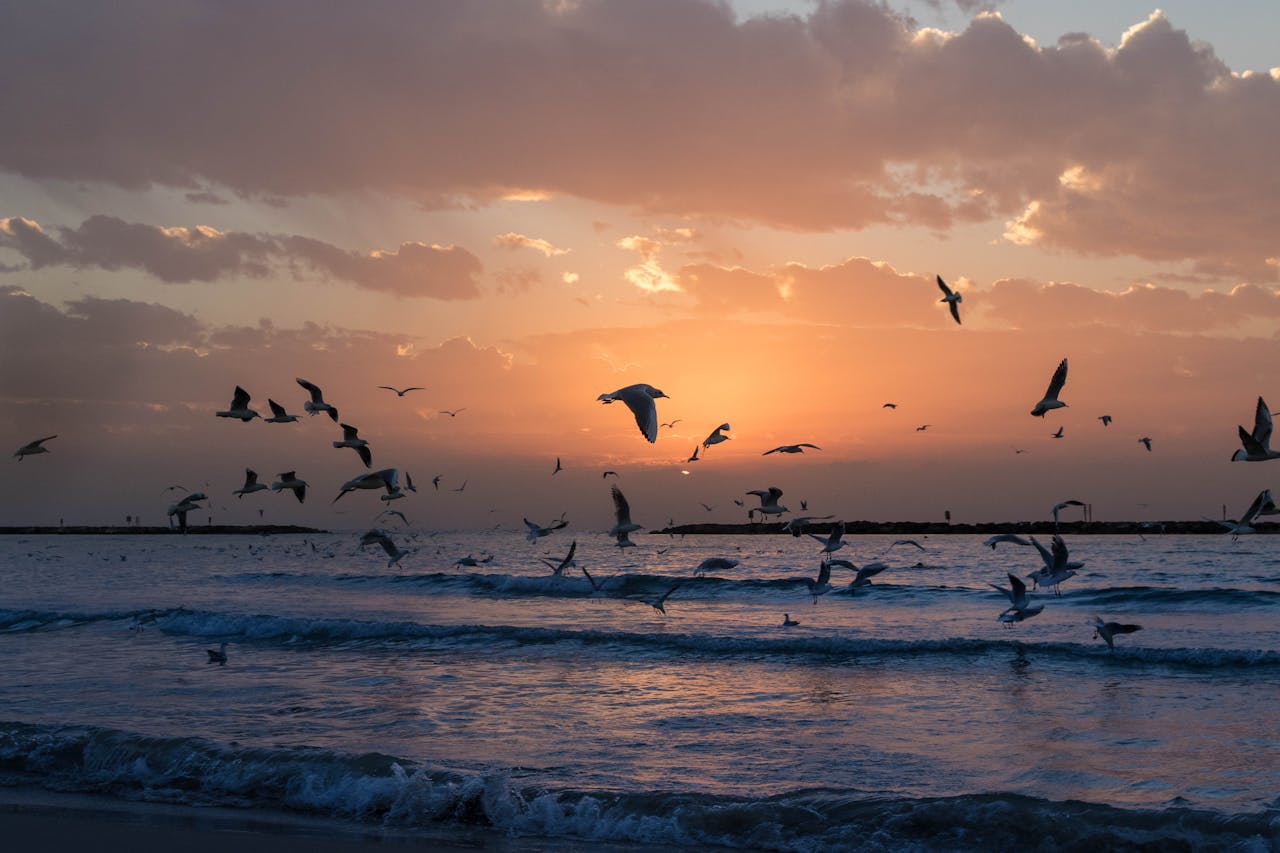
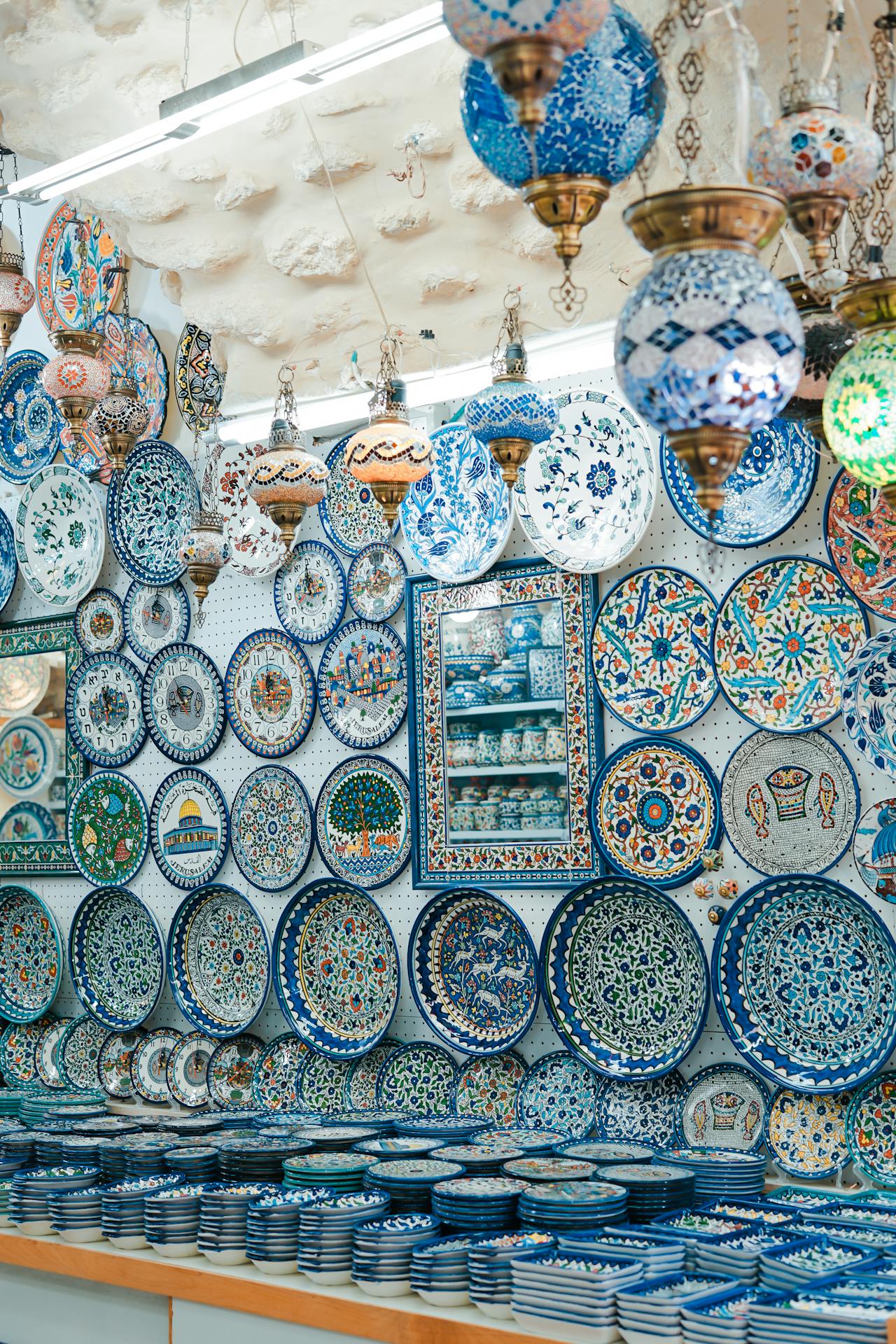
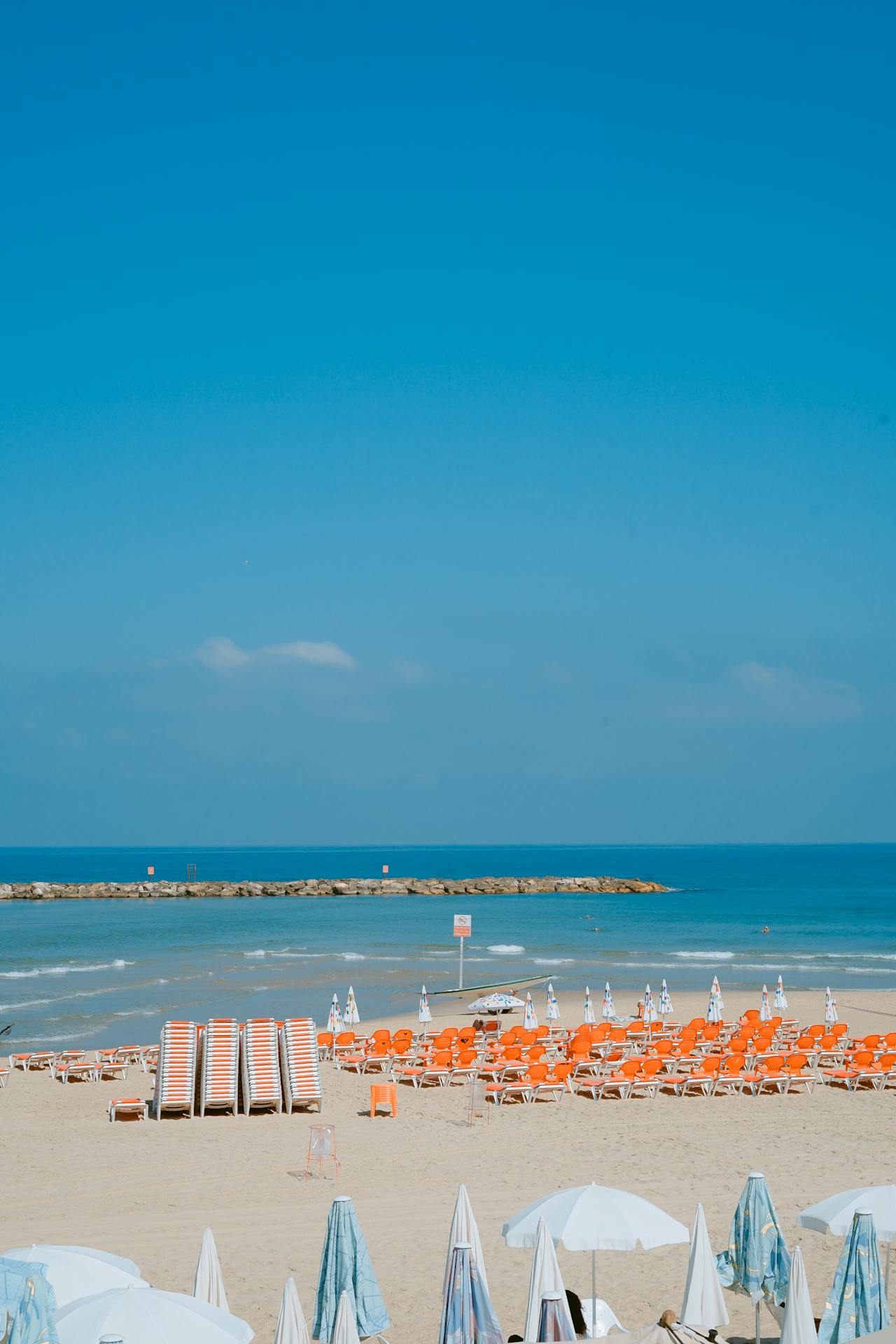
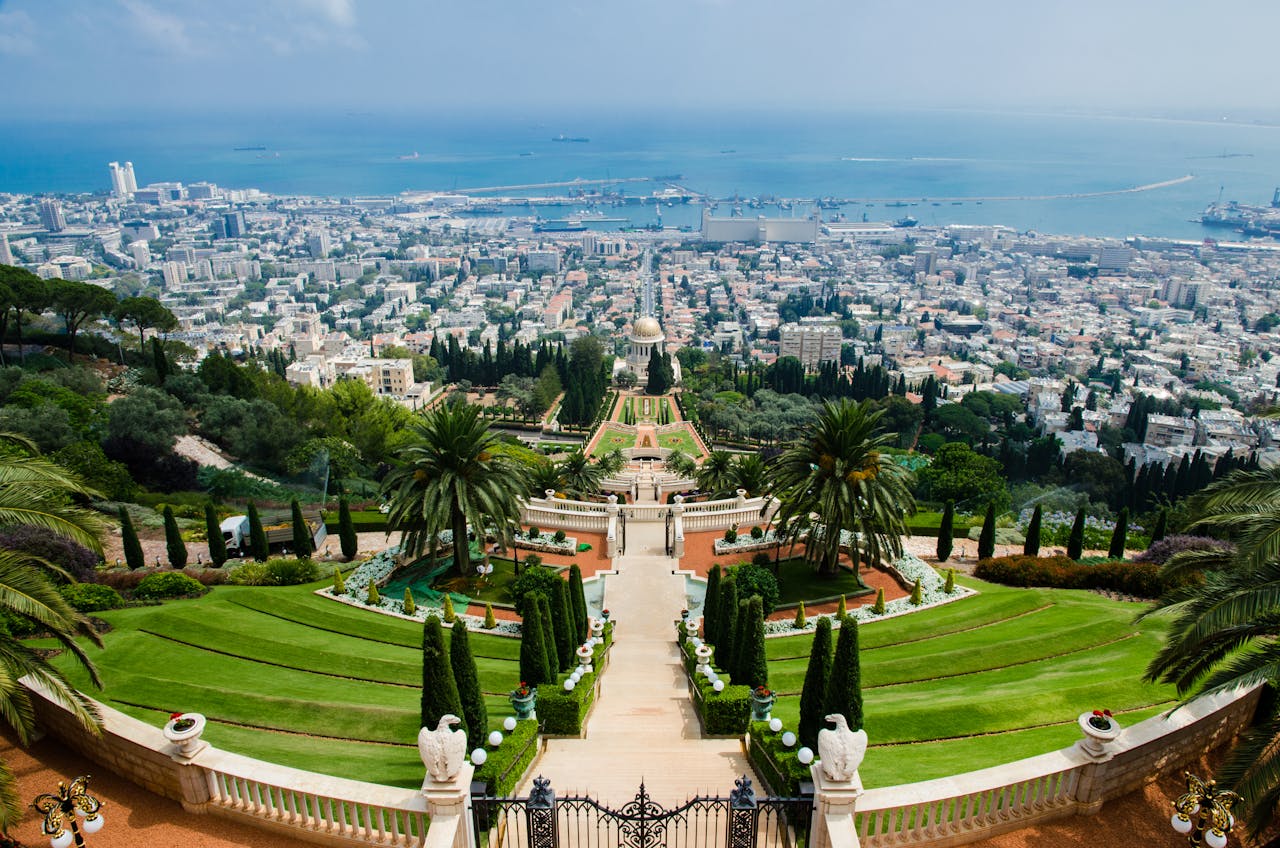
Comments (0)
Please login to leave a comment.